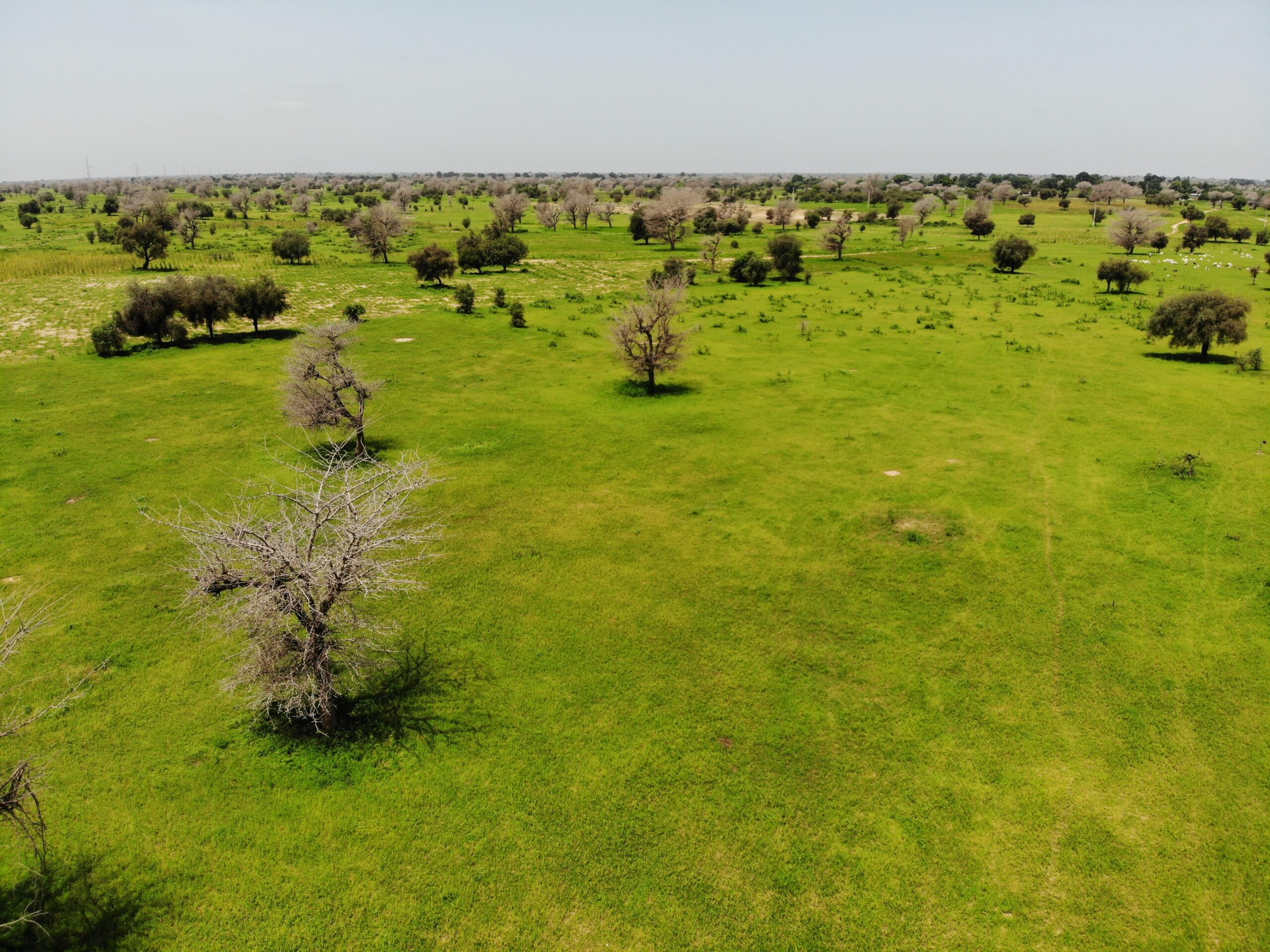When the Sahel is mentioned today, this semi-arid African region between the Sahara and Sudanian Africa is often associated with the notion of desertification. But what do the latest advances in environmental science tell us about this desertification? To what extent is the “narrative” of Sahel desertification based on scientific results, or on other mechanisms, of a more political nature?
The paradigm of Sahelian desertification, whose roots lie in the colonial period, increased in popularity following the droughts of the 1970s and 1980s. This “desertification narrative” was shaped in the international arena by organizations working in the fields of international cooperation, human rights, regional development, economic regulation and environmental questions. This narrative has been deployed to have real-world implications of how risks and responses in the Sahel are understood and prioritised, with particularly tangible implications for civil society and international donor agencies. It is indeed widely used in technical writings, general public media and environmental protection projects, regardless of the fact that the majority of literature in environmental science does not support its underlying rationales. It depicts rural populations as victims and culprits (or villains) partially responsible for the desertification, which in turn justifies external intervention in the Sahelian countries. The desertification narrative has an impact on research and development funding by overemphasizing the role of international development aid to combat desertification, thus favoring research on the subject of Sahelian desertification. Furthermore, we argue that the Sahelian desertification narrative contributes to the political control of rural populations, the latter being stigmatized because of their often-considered excessive use of environmental resources.

Publication
Gangneron, F., Pierre, C., Robert, E., Kergoat, L., Grippa, M., Guichard, F., Hiernaux, P., & Leauthaud, C. (2022). Persistence and success of the Sahel desertification narrative. Regional Environmental Change, 22(4), 1-11.
Laboratories : iEES Paris, GET, LETG, CNRM, G-EAU
Contact
PIERRE Caroline, CR CNRS, équipe F2ZC du département Sols_ZC






